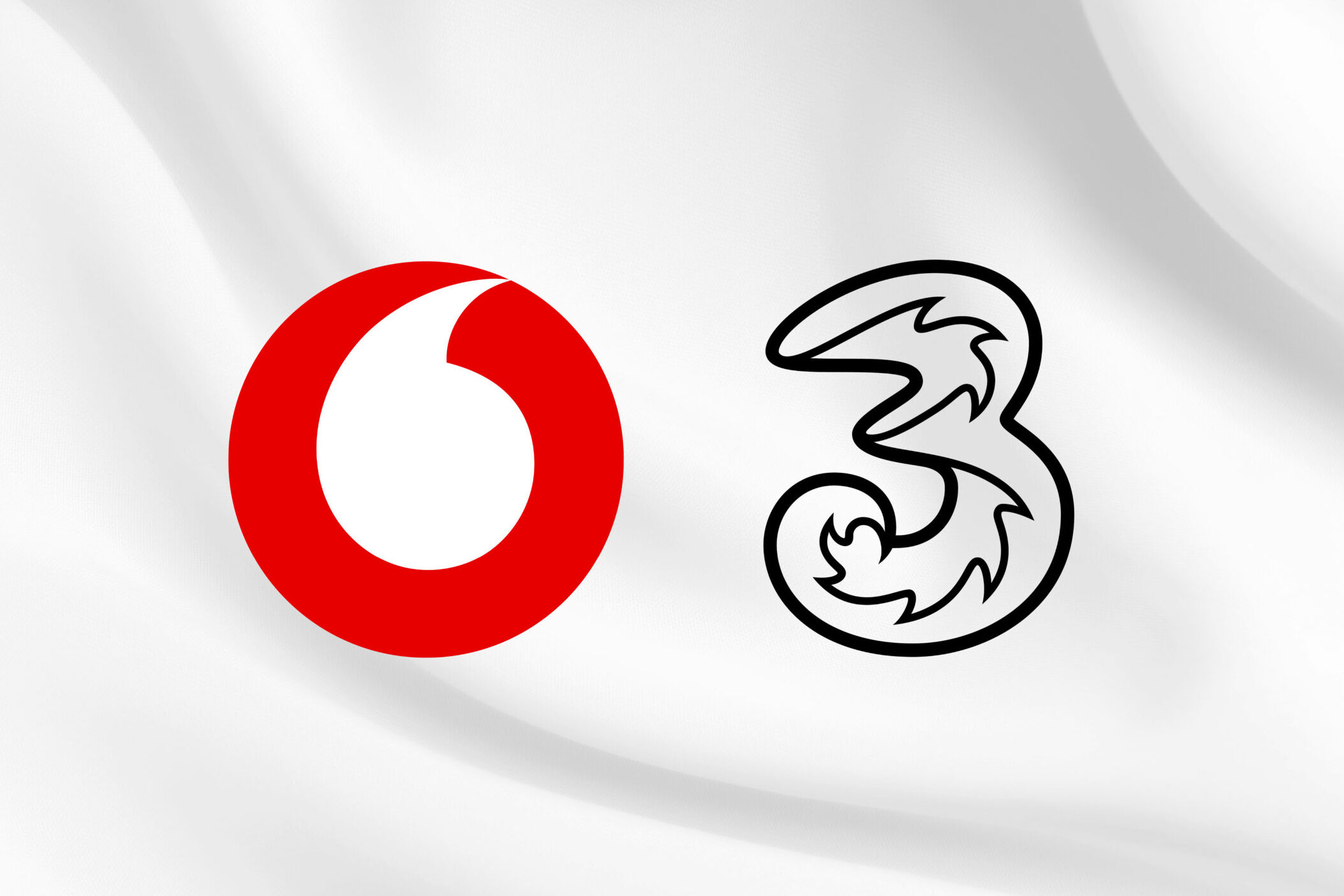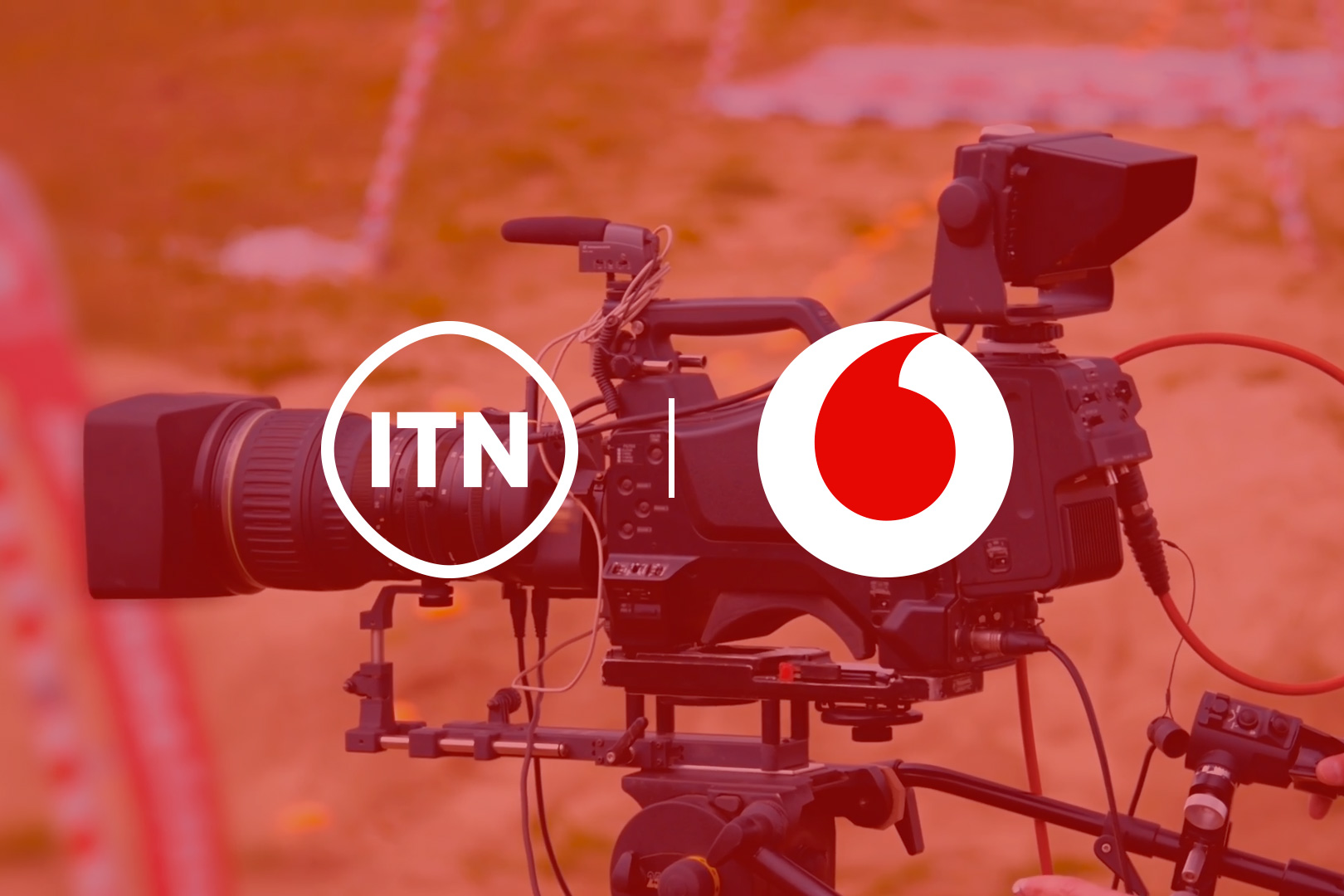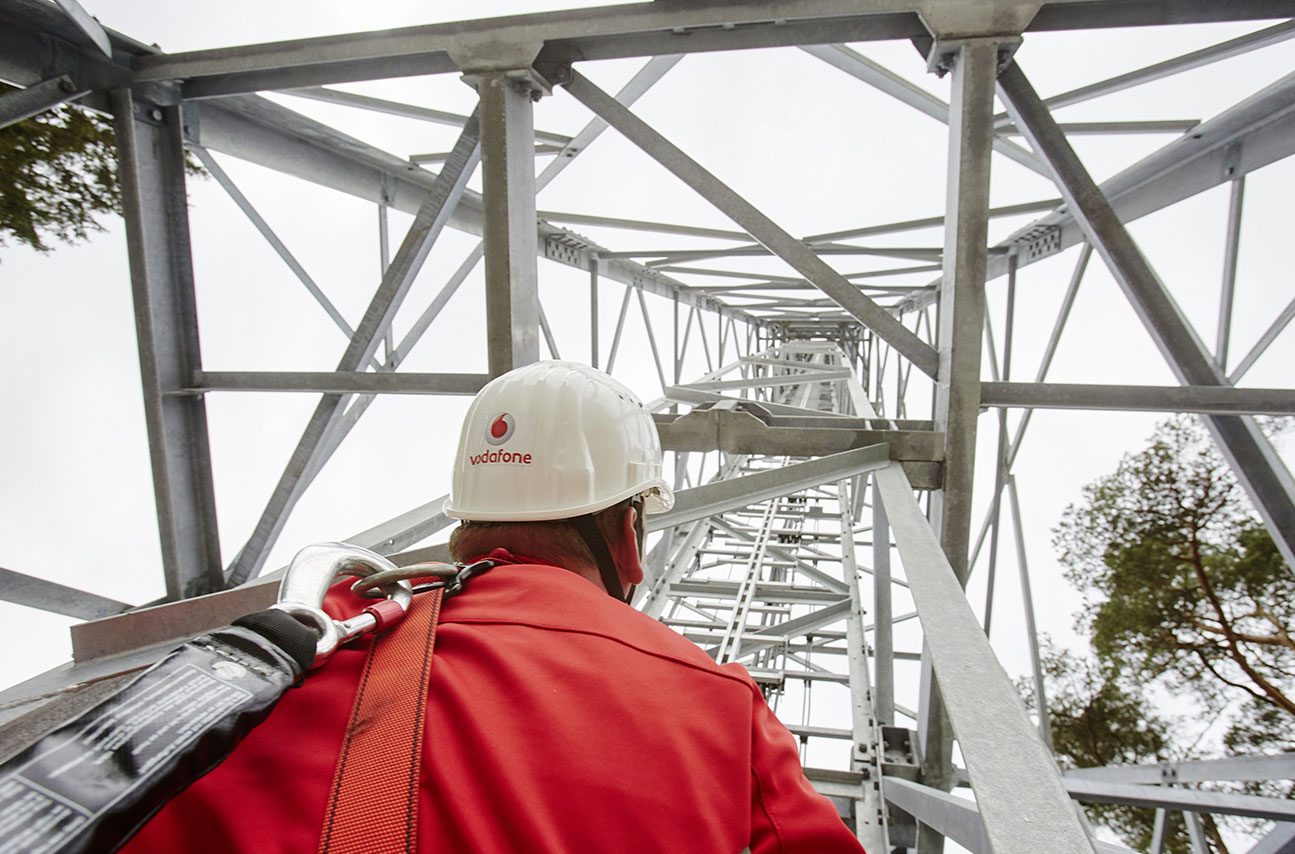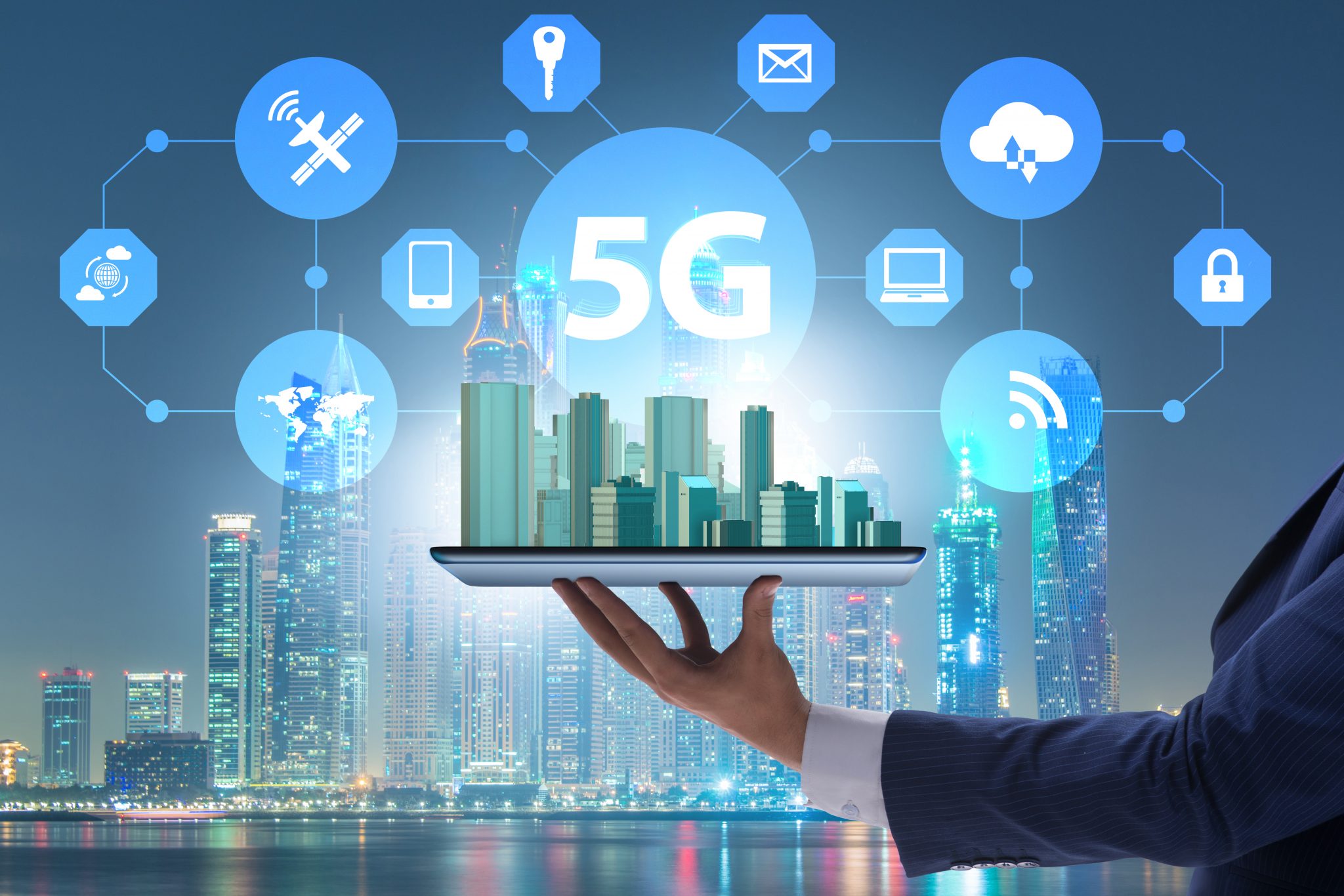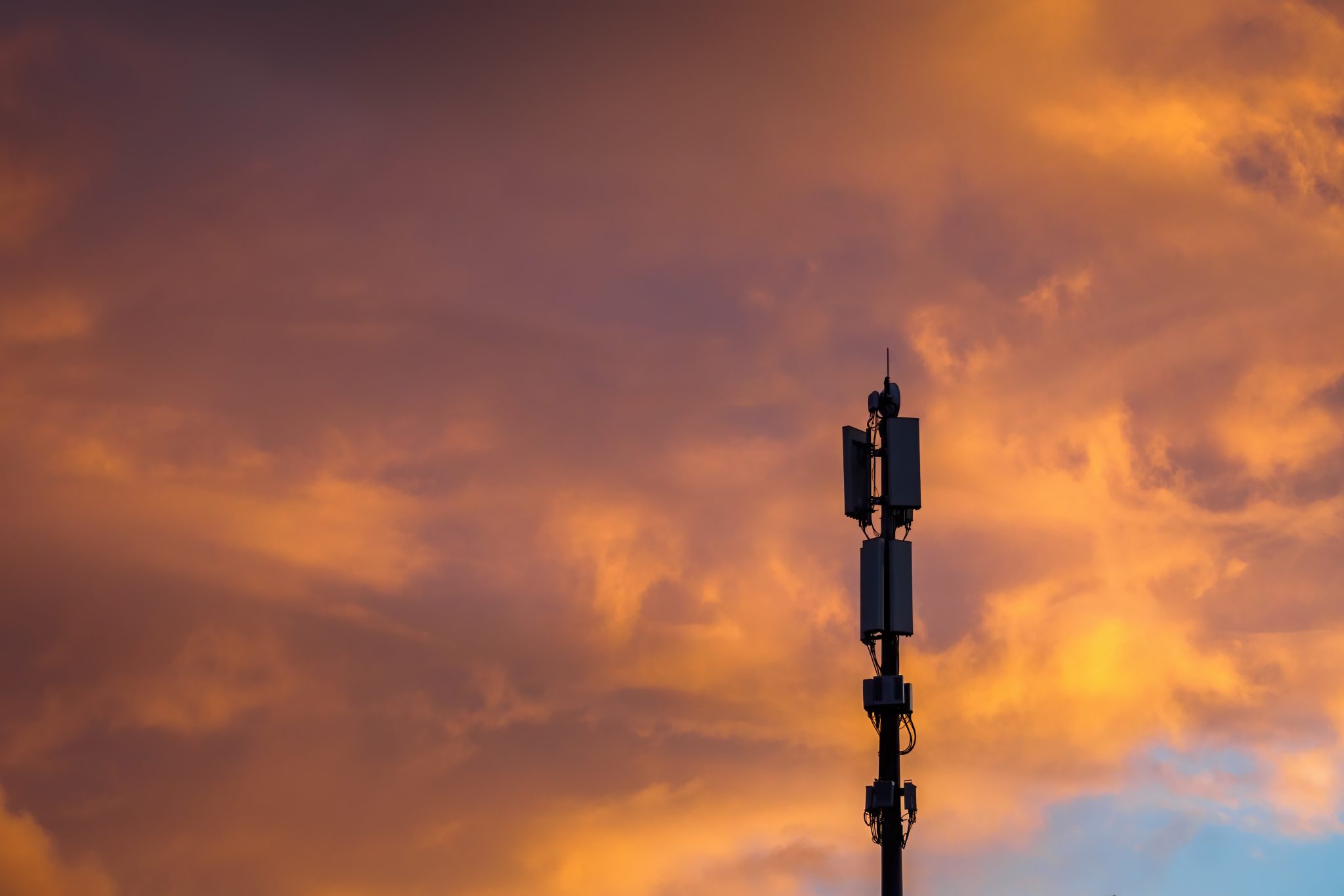5G Ultra is Vodafone's name for 5G Standalone services in the UK - the next iteration of 5G. Here's what it can do for you and how you can get it.
Vodafone has launched 5G Ultra, the next step in mobile data technology.
What is 5G Ultra?
5G Ultra is the name for the new service which bundles together the existing 5G customers enjoy today, with Vodafone’s brand new 5G Standalone network.
How is 5G Ultra/5G Standalone different from existing 5G?
The 5G network, as it currently exists in most of the UK, only uses upgraded technology in the masts. This is known as 5G Non-standalone (5G NSA). With 5G Ultra, the servers in the core network, as well as the RedStream fibre optic backbone connecting those servers to the masts and to the wider internet, will have been upgraded, too.
A basic guide to Vodafone UK’s network
Vodafone UK's high-speed network is state-of-the-art, the result of billions in investment over the last five years. But how do all the parts fit together?
So what does all that mean for me?
5G Ultra provides fast download and upload speeds – up to 10 times faster than 4G. But there’s more to 5G Ultra than just speed. It has far greater capacity than either 4G or 5G Non-standalone, so far more smartphones and other devices in any given busy area – such as a train station, hospital or stadium – can be connected simultaneously.
A 5G Ultra connection is easier on your phone’s battery too, prolonging a phone’s battery runtime by as much as three hours.
How can I get 5G Ultra?
5G Ultra is currently available to customers who signed up for (or upgraded) a Vodafone UK Pay Monthly contract after 24 February and have a Samsung Galaxy S21 or S22 series smartphone. 5G Ultra comes at no extra cost, with the service being phased in for customers.
Support for 5G Ultra will come to more handsets in the future.
Night photo shoot-off: Samsung Galaxy S22 Ultra vs S20
We took the S22 Ultra out on the town to see just how well its main camera copes in low-light situations.
Where will 5G Ultra be available?
London, Manchester, Glasgow and Cardiff, to name a few locations.
What about other locations?
Vodafone wants to bring 5G Ultra to as many locations across the UK as possible. But to do that, it needs both investment and scale: enough investment to finance such a complex upgrade programme, and scale in the form of enough paying customers to pay back that investment.
One surefire way to secure both investment and scale is the proposed merger between the UK arms of Vodafone and Three.
Merger of Vodafone UK and Three UK to create one of Europe's leading 5G networks
Vodafone Group and CH Hutchison Group Telecom Holdings Ltd., owner of Three UK, have agreed to combine their UK businesses.
Do I really need 5G Ultra?
5G Ultra has a feature called network steering. When connected to 5G Ultra, your phone will, depending on the network requirements of what you’re doing, automatically switch between 5G Standalone, 5G non-standalone and 4G. This ensures that you, and everyone else in the area around you, get the best mobile data experience possible.
How is 5G Ultra related to network slicing?
Network slicing is a feature of 5G Standalone networks – you can’t have one without the other. Network slicing has already proven its usefulness to ITN, one of Vodafone’s business customers, during the Coronation of King Charles III – without impacting the mobile data experience for everyone else.
Many more businesses, and individuals, will hopefully be able to benefit from network slicing – and 5G Standalone in general – in the months and years to come.
Coronation 1953 v 2023: How broadcasting tech is going mobile
As the world watched the first British coronation in 70 years, Vodafone played a crucial role behind the scenes which shows just how dramatically TV and broadcasting tech has changed across the decades.
Is mmWave the same thing as 5G Ultra?
mmWave refers to the frequency of the radio waves used by 5G masts in some other countries, such as the US. In the UK, Vodafone continues to use the same 900MHz, 3.4GHz and 3.6GHz frequencies for its radio waves that it’s been using for years.
Is 5G dangerous to my health?
No, it is not. 5G is safe.
Stay up-to-date with the very latest news from Vodafone by following us on Twitter and LinkedIn and signing up for News Centre website notifications.
5G and health: Everything you need to know
There has been a lot of misinformation posted on social media about 5G in relation to human health. Watch the video above and read our Q&A guide to find out the facts.
![crowd-at-the-concert[Adobe_Stock] stock photo of a crowd of people holding up their phones at a concert](https://www.vodafone.co.uk/newscentre/app/uploads/2023/06/crowd-at-the-concertAdobe_Stock.jpg)
